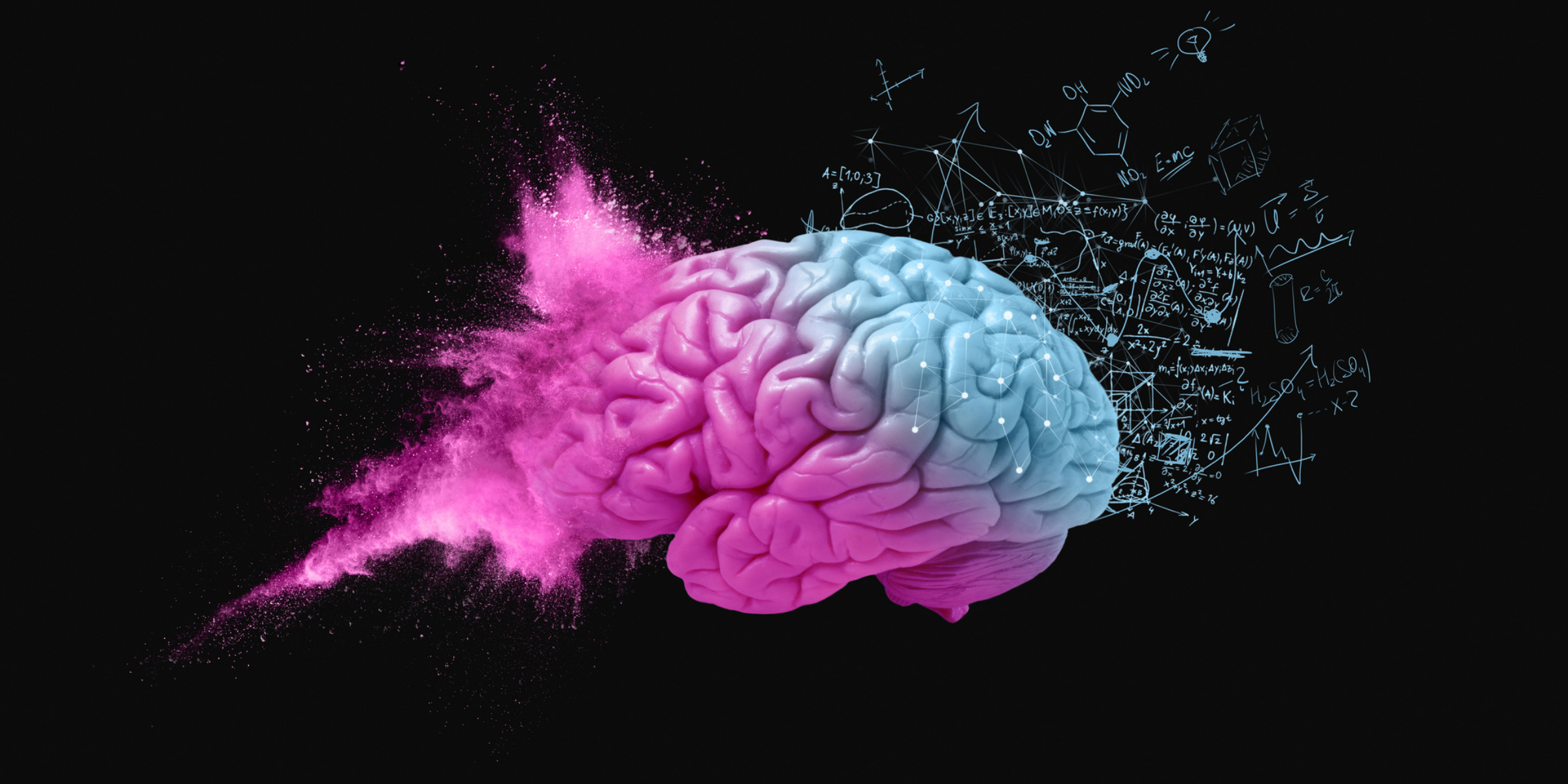You might think you’re a good listener, but have you ever considered the science behind it? Active listening is more than just hearing what someone says; it’s about truly understanding and engaging with the speaker. However, it’s not always easy to do, especially in a world filled with distractions and constant stimulation.
But the benefits of being an active listener are numerous. It can improve your relationships, enhance your problem-solving skills, and even boost your brain chemistry. Yes, you read that right – your brain chemistry plays a significant role in how you communicate and listen to others.
In this article, we’ll take a deep dive into the science of active listening and explore how brain chemistry affects communication. So, buckle up and get ready to learn how you can become a better listener.
The Importance of Active Listening in Communication
Truly connecting with someone requires more than just hearing their words, it requires a genuine effort to understand their perspective. This is where active listening comes into play.
Active listening involves not only hearing what someone is saying but also paying attention to their body language, tone of voice, and emotions. By doing so, you can better understand their point of view and create a stronger connection.
The benefits of active listening are numerous. It can help build trust and rapport with others, improve communication skills, and even enhance relationships.
When you actively listen, you show the speaker that you value their opinion and that you are interested in what they have to say. This can lead to a more open and honest conversation, which can ultimately result in a more positive outcome.
However, there are also barriers to active listening that can make it difficult to fully engage with someone. These include distractions, preconceived notions or biases, and a lack of empathy.
By being aware of these barriers and actively working to overcome them, you can become a better listener and improve your communication skills.
So, the next time you find yourself in a conversation, remember the importance of active listening and make a conscious effort to truly understand the other person’s perspective.
The Neurochemistry of Active Listening
You can think of the neurochemistry of active listening as a symphony, with different chemicals playing their own unique role in creating a harmonious exchange between two people.
Neurotransmitters, such as dopamine, oxytocin, and serotonin, are responsible for the positive feelings that come with active listening. These chemicals are released when we listen intently, showing a genuine interest in the speaker and creating a positive feedback loop that encourages us to continue listening.
Several brain regions are involved in active listening, including the prefrontal cortex, amygdala, and the hippocampus. The prefrontal cortex is responsible for executive functions, such as attention and decision-making, while the amygdala helps with emotional processing. The hippocampus is responsible for forming new memories and helps us retain information from our conversations.
All of these regions work together to create a rich and meaningful exchange between two people.
Active listening disorders, such as ADHD and autism, can impact the neurochemistry of our brains and make it difficult to engage in active listening. For individuals with ADHD, the lack of dopamine production can make it difficult to pay attention for extended periods. Individuals with autism may struggle with emotional processing, making it difficult to connect with others in a meaningful way.
Understanding the neurochemistry of active listening can help us better understand these disorders and create strategies to improve communication for individuals who struggle with active listening.
The Role of Dopamine in Active Listening
Dopamine, the chemical responsible for motivation and pleasure, plays a crucial role in creating a rewarding experience during conversations, encouraging us to listen attentively and engage with the speaker.
When we actively listen, our brain releases dopamine which makes us feel good and reinforces the behavior. This positive reinforcement makes us want to listen more and stay engaged with the conversation.
Moreover, dopamine’s impact on communication efficacy is significant. When dopamine levels are high, we’re more likely to remember important information from conversations. This is because dopamine enhances memory consolidation, which is the process of transferring information from short-term memory to long-term memory.
Hence, when we actively listen and engage with the speaker, we’re more likely to retain and recall the information.
To put it simply, the role of dopamine in active listening cannot be overstated. It not only makes the experience more pleasurable but also enhances our ability to remember important information.
Therefore, the next time you’re in a conversation, try to actively listen and engage with the speaker. Your brain will reward you with dopamine, and you’ll have a better chance of retaining the information.
Empathy and Active Listening
So, it turns out that being a good listener requires more than just a dopamine fix – empathy is also a key ingredient in the mix.
Empathy building is an important aspect of active listening because it allows you to truly understand and relate to the person you’re communicating with. When you practice empathy, you’re able to put yourself in the other person’s shoes and see things from their perspective. This helps to break down communication barriers and creates a deeper connection between you and the other person.
To build empathy, you need to actively listen to the other person. This means paying attention to their words, tone of voice, and body language. When you actively listen, you’re showing the other person that you value their thoughts and feelings. This creates a safe space for the other person to share their ideas and concerns with you.
As you practice empathy building, you’ll find that your communication skills improve and your relationships grow stronger.
Communication barriers can often arise when people feel like they’re not being heard or understood. By practicing empathy and active listening, you can break down these barriers and create a more open and honest dialogue.
Empathy building takes time and effort, but the rewards are worth it. So, the next time you find yourself in a conversation, remember to listen actively and practice empathy. You might just be surprised by how much you learn and the connections you build.
- Practice putting yourself in the other person’s shoes.
- Pay attention to verbal and nonverbal cues.
- Create a safe space for the other person to share.
Strategies for Improving Active Listening Skills
Improve your ability to truly connect with others and create stronger relationships by implementing these effective strategies for enhancing your listening skills.
One of the most important strategies is to actively practice techniques that improve your listening abilities. This includes focusing on the speaker, avoiding distractions, and asking relevant questions to clarify their message.
Another important strategy is to overcome obstacles that hinder your ability to listen effectively. For example, if you tend to interrupt or finish other people’s sentences, consciously remind yourself to stop doing this. Additionally, if you have a tendency to become defensive or judgmental when hearing something that you don’t agree with, make a conscious effort to remain open-minded and non-judgmental.
Incorporating these strategies into your daily interactions will not only improve your listening skills but also enhance your overall communication and relationships with others. By actively practicing and overcoming obstacles, you’ll develop a deep understanding of others and their perspectives, which will ultimately benefit all aspects of your life.
Can Understanding Brain Chemistry Help Improve Active Listening Skills for Better Change Outcomes?
Understanding brain chemistry can greatly improve active listening skills. The neurotransmitters and pathways in the brain are involved in the cognitive processes behind listening. By understanding this, individuals can learn how to improve active listening skills for better change outcomes in both personal and professional settings.
Conclusion
Congratulations! You’ve learned about the science of active listening and how brain chemistry affects communication.
You now understand why it’s important to actively listen to others and how it can positively impact your relationships.
Through the release of dopamine, active listening can provide a natural high that strengthens the bond between individuals.
Empathy also plays a crucial role in active listening, allowing us to connect with others on a deeper level.
By implementing strategies such as maintaining eye contact, asking open-ended questions, and avoiding distractions, you can improve your active listening skills and become a better communicator.
Remember, effective communication is the foundation of any successful relationship.
So, go forth and listen actively, and watch your relationships grow and flourish like a beautiful garden in full bloom.





